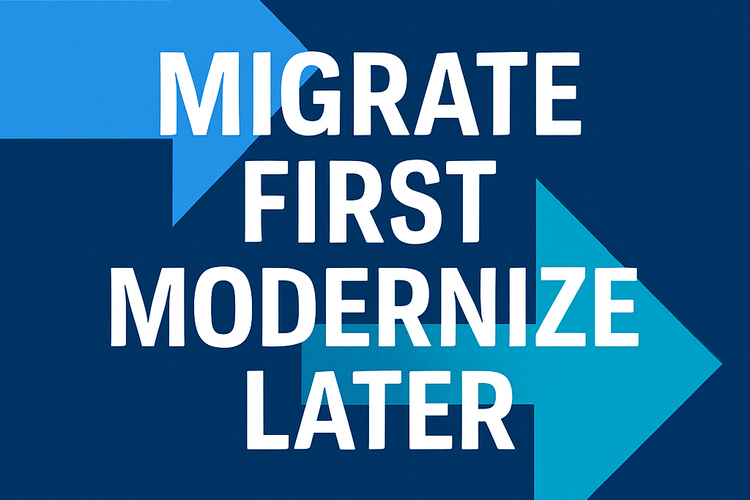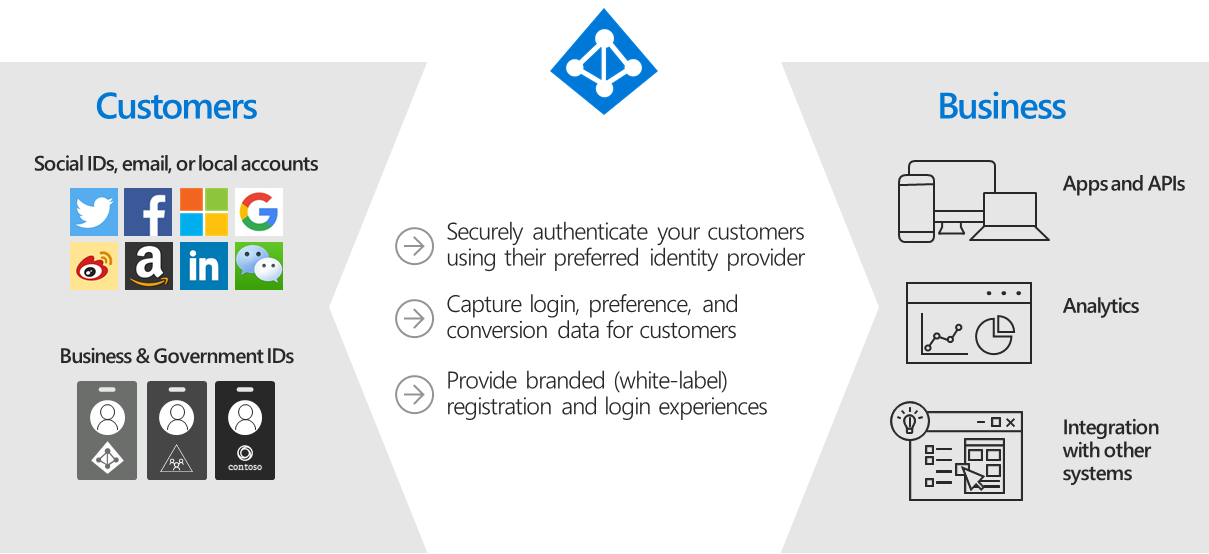Advantages of utilizing Azure's cloud-native Firewall

In this article, we will explore the advantages of utilizing Azure's cloud-native Firewall over implementing third-party firewall solutions. Azure Firewall is a fully managed, stateful firewall service offering network and application-level security for Azure resources. It provides several benefits over traditional virtual machine (VM) based firewalls, including:
- Scalability: Azure Firewall effortlessly scales with the fluctuating traffic demands of your cloud environment, eliminating the need to provision, configure, or maintain VMs for your firewall solution. It also supports availability zones and multiple public IP addresses for enhanced availability and resilience.
- Cost-effectiveness: Azure Firewall boasts a transparent pricing structure based on the number of firewall instances deployed and the amount of data processed. Pay only for what you use while optimizing costs with reserved capacity and Azure Hybrid Benefit. In contrast, VM-based firewalls may incur additional expenses for licensing, maintenance, and compute resources.
- Integration: Azure Firewall seamlessly integrates with other Azure services and features, such as Azure Monitor, Azure Sentinel, Azure Policy, Azure Bastion, and Azure Private Link. Conveniently monitor, audit, and manage firewall policies and logs through a unified interface. Additionally, harness Azure's native capabilities to secure network traffic and access to your resources.
- Compliance: Azure Firewall complies with various industry standards and regulations, including PCI DSS, HIPAA, ISO 27001, and FedRAMP. Utilize Azure Firewall Manager to centrally manage and enforce compliance policies across multiple firewalls and subscriptions.
To demonstrate the value of Azure Firewall over VM-based firewalls, let's examine two scenarios:
Scenario 1: You have a hub-and-spoke network architecture in Azure, with a central virtual network (VNet) hosting shared services and security appliances such as firewalls, VPN gateways, and load balancers. Multiple spoke VNets host application workloads and connect to the hub VNet via VNet peering. A VM-based firewall solution secures traffic between the hub and spoke VNets.
Scenario 2: The network architecture remains the same as in scenario 1, but the VM-based firewall solution is replaced with Azure Firewall. Azure Firewall Manager is used to create a secure virtual hub in the central VNet and deploy an Azure Firewall instance with a predefined set of rules. The spoke VNets are then associated with the secure virtual hub, and routing through the Azure Firewall instance is enabled.
In scenario 1, you may encounter the following challenges:
- Scalability: Manually scaling your VM-based firewall solution based on traffic volume and performance requirements is labor-intensive, error-prone, and expensive. This might involve adding or removing VMs, changing VM sizes, or adjusting load balancing settings.
- Cost-effectiveness: Licensing fees for your VM-based firewall solution may fluctuate depending on the vendor and features utilized. Additionally, compute resources (CPU, memory, disk) and network bandwidth consumed by your VMs contribute to unpredictable and difficult-to-optimize costs.
- Integration: Monitoring and managing your VM-based firewall solution requires using different tools and interfaces. Configuring additional settings or services to integrate with other Azure features or services increases network security management complexity and overhead.
- Compliance: Ensuring your VM-based firewall solution meets applicable compliance standards and regulations is crucial. Regular VM updates and patches are also necessary to maintain compliance.
In scenario 2, you can enjoy the following benefits:
- Scalability: Azure Firewall automatically scales according to traffic volume and performance requirements without any manual VM provisioning or configuration. High availability and resiliency are achieved through support for availability zones and multiple public IP addresses.
- Cost-effectiveness: Azure Firewall's predictable and transparent pricing model eliminates licensing fees and compute resource expenses for your firewall solution.
- Integration: Azure Firewall's deep integration with other Azure services and features, such as Azure Monitor, Azure Sentinel, Azure Policy,Azure Bastion, and Azure Private Link, enables you to effortlessly monitor, audit, and manage your firewall policies and logs through a unified interface. This reduces complexity and simplifies network security management by leveraging Azure's native capabilities for securing network traffic and resource access.
- Compliance: Azure Firewall adheres to various industry standards and regulations, such as PCI DSS, HIPAA, ISO 27001, and FedRAMP. Azure Firewall Manager allows for central management and enforcement of compliance policies across multiple firewalls and subscriptions, streamlining the process of maintaining compliance and reducing the risk of non-compliance.
In summary, Azure Firewall offers considerable benefits over traditional VM-based firewalls in terms of scalability, cost-effectiveness, integration, and compliance. By adopting Azure Firewall, businesses can simplify network security management, reduce costs, and enhance their overall security posture in the cloud. Moreover, the seamless integration with other Azure services and features empowers organizations to develop a comprehensive security strategy that fully harnesses the Azure ecosystem's potential.
It is crucial for organizations to assess their specific needs and requirements before choosing between Azure Firewall and a third-party firewall solution. However, for most businesses operating in the Azure cloud, Azure Firewall presents a compelling and cost-efficient alternative to traditional VM-based firewall solutions.



